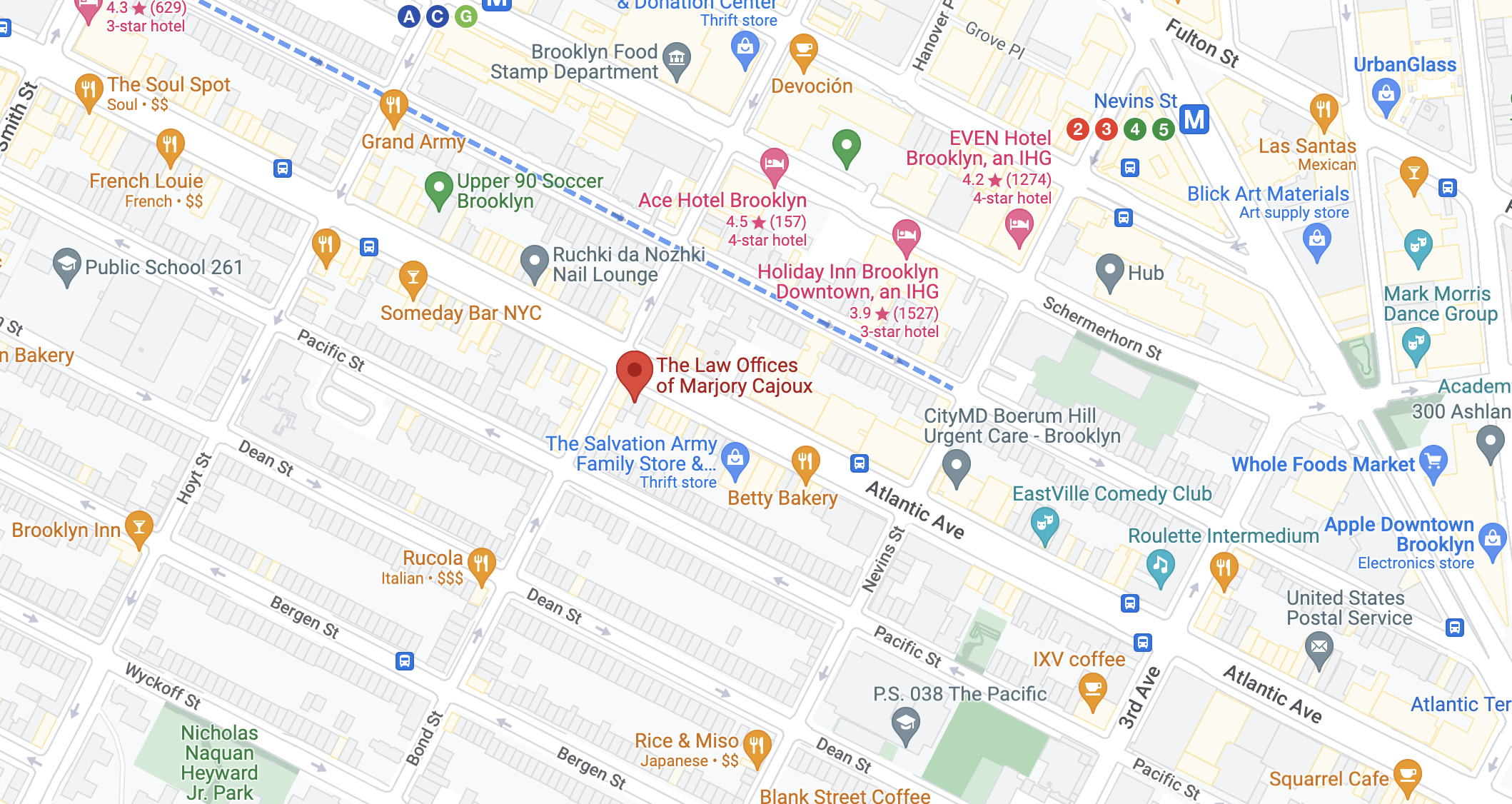We’re currently living in unchartered times. Prices for real estate and joblessness have both reached all-time highs. This, coupled with divorce, unexpected medical costs and other typical reasons individuals struggle with debt, create a combustible mix in which homeowners may end up facing foreclosure.
Securing a reprieve from paying your mortgage may prove challenging. Locking in modified terms so you can regain your financial footing may be a viable option. Pursuing a loan modification may allow you to do this.
What loan modifications are, and why lenders would agree to them
The loan modification process involves a homeowner, who’s burdened in debt, requesting that their lender change their loan terms. This can take on various forms, including:
- Changing the loan type (like from an adjustable to a fixed-rate one)
- Locking in a lower interest rate
- Extending the loan’s repayment terms (such as taking 10 years on within which you can pay it off)
- Tacking the amount that you owe in arrears to the back of the loan
If you’re wondering how agreeing to a loan modification benefits lenders, it is because the foreclosure process is both time and cost-intensive. A loan modification negotiation opens up communication between you and your lender, giving them a fresh perspective on what you can afford to pay. It gives them some reassurance that you have the means to pay the renegotiated amount.
Can any homeowner pursue a loan modification?
A lender doesn’t have to agree to allow you to do a loan modification. They’ll generally require you to provide several pieces of documentation before deciding whether to let you do so, including:
- Proof of income: They’ll generally want you to show that you spend at or above 31% of your income on housing to pursue this option.
- Participating in a trial run: Your lender may want to see that you can make multiple timely payments before being willing to let you move forward with a loan modification.
Lenders are generally willing to work out a deal to avoid foreclosure with their borrowers up until the auctioning of their property. Should you have already filed for bankruptcy, then your case’s trustee will have to approve your modification before you can commit to it. You should take time to learn more about this process to see if it’s ideal for you in your situation.






